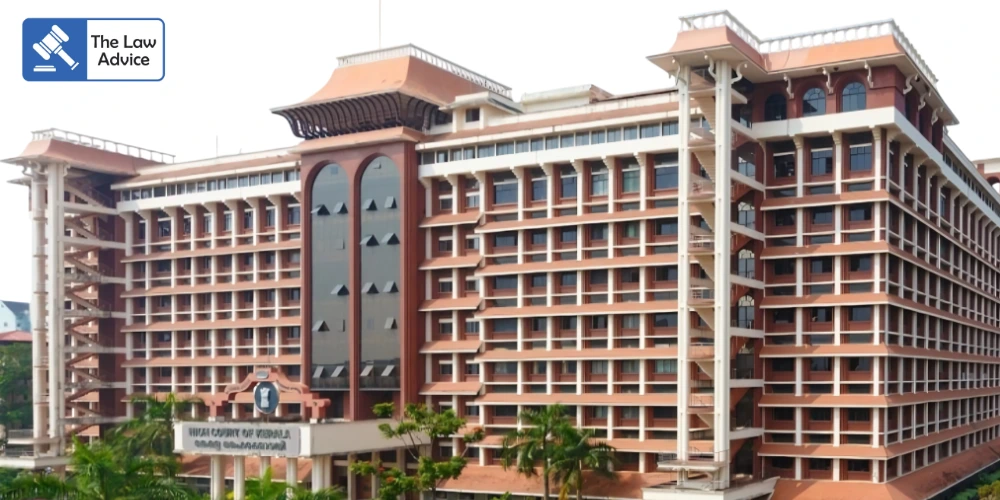
The Kerala High Court on Friday came down heavily on the Travancore Devaswom Board (TDB) for proceeding with the removal of gold-plated copper coverings from the Dwarapalaka idols at the Sabarimala temple without following due process and without informing the court-appointed Special Commissioner.
A Division Bench comprising Justice Raja Vijayaraghavan V and Justice K.V. Jayakumar, while considering SSCR No. 23 of 2025 (Suo Motu v. State of Kerala and Ors.), expressed serious displeasure at the “alarming lapses” on the part of temple authorities, stressing that temple properties are to be safeguarded with utmost vigilance and accountability.
According to the Special Commissioner’s report, the gold-plated coverings installed in 2019—guaranteed to last for 40 years—had already developed defects within six years. Instead of undertaking repairs at Sannidhanam as required under the TDB Sub Group Manual, the Board, with sponsorship from a devotee, Mr. Unnikrishnan Potty, sent the items to a Chennai-based firm, Smart Creations, for electroplating.
The Court noted that this move was made without prior intimation to the Special Commissioner or the Court, in violation of its earlier orders. The TDB tendered an unconditional apology for this lapse.
The report further revealed that repair works commenced on September 9, 2025, during which the lacquer coating of 12 items had already been removed and several of them polished. It was also submitted that some gold was in liquid form, mixed in cyanide solution, making transportation highly risky and prone to loss.
The Bench highlighted inconsistencies in the decision-making process. Initially, the Thiruvabharanam Commissioner had recommended the traditional method of gold cladding, requiring about 303 grams of gold worth ₹31 lakhs. However, after discussions with the sponsor, the recommendation was reversed in favor of electroplating at Chennai.
The Court observed that such a deviation violated the TDB’s own manual, which mandates that all such works be carried out within the temple premises at Sannidhanam.
Referring to the Supreme Court’s ruling in A.A. Gopalakrishnan v. Cochin Devaswom Board (2007 INSC 764), the Bench reiterated that trustees, archakas, shebaits, and employees of temples have a sacred duty to protect the deity’s property. Any negligence or deviation from procedure, it said, could open the door for misappropriation or misuse of temple assets.
The High Court has ordered the seizure of all records relating to gold-plating and gold-cladding works of the Dwarapalaka idols, the door lintel, door panel, Lakshmi Roopam, and Kamanam.
The Bench has also directed an investigation into reports that a former pair of Dwarapalaka idols—allegedly kept in the temple strong room—were being considered for possible gold extraction.
In a significant move, the Court suo motu impleaded Mr. Unnikrishnan Potty (sponsor) and Smart Creations (contractor) as additional respondents. They have been ordered to disclose all financial records, communications, and agreements related to the repair and sponsorship.
Urgent notices have been issued, and the Chief Vigilance & Security Officer of TDB has been tasked with seizing and producing all related files before the Court without delay.
The Bench stressed that “temple wealth is not private property to be handled casually but sacred trust property belonging to the deity” and must be protected at all costs.
The matter will now be taken up after compliance reports from the sponsor, contractor, and the TDB are submitted.
Website designed, developed and maintained by webexy